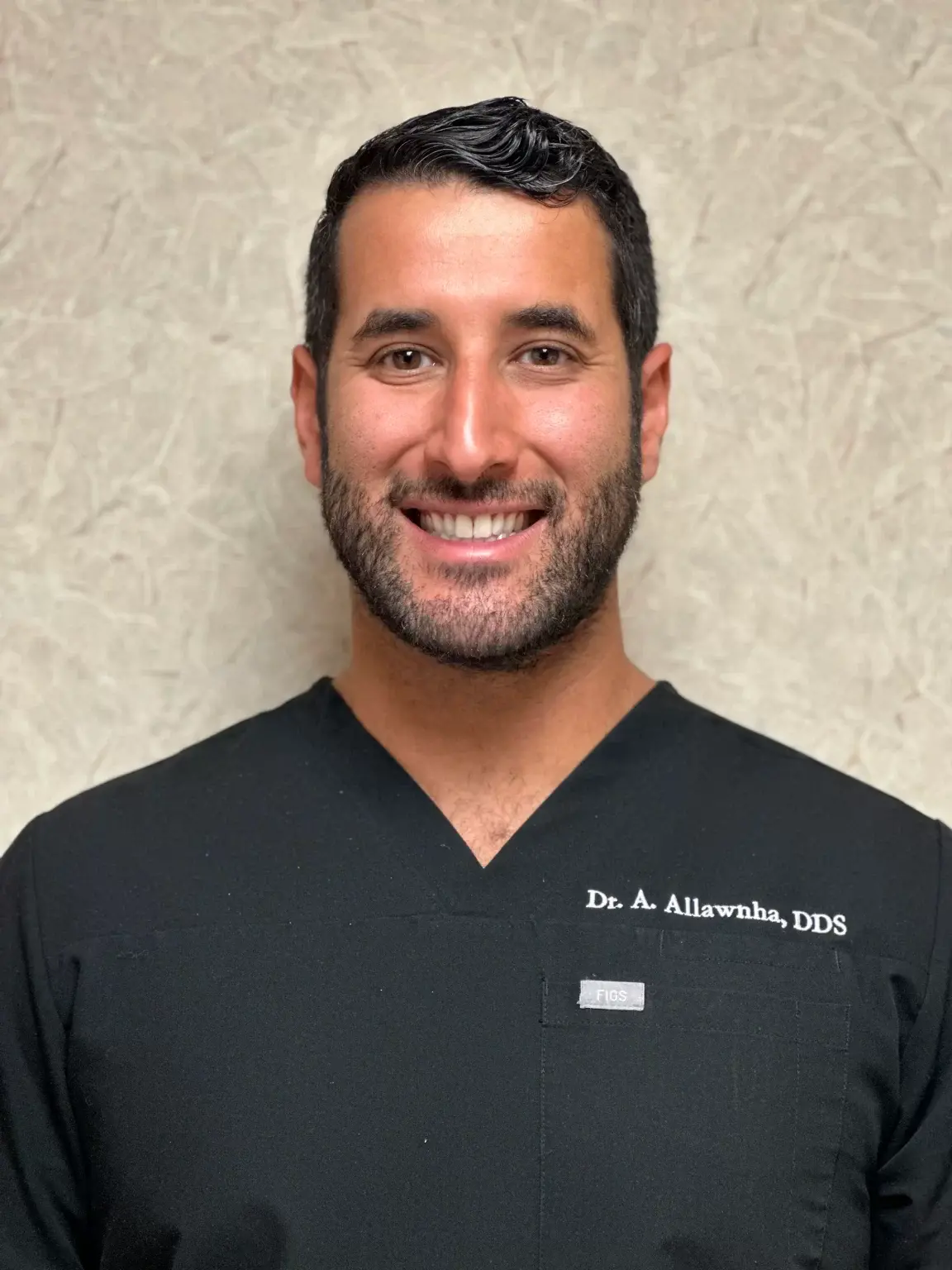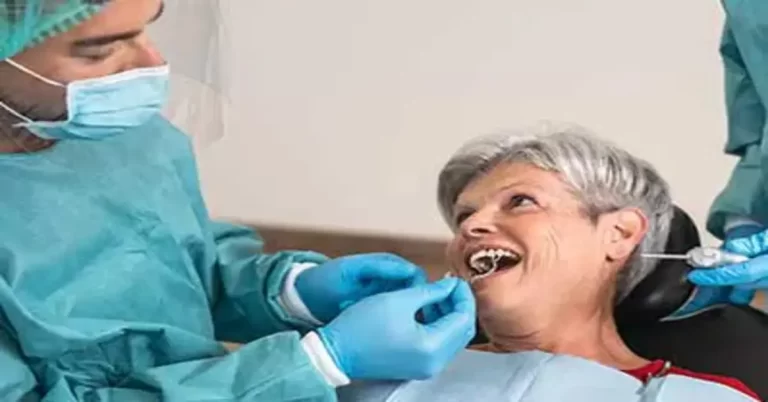Many perceive root canals as painful and dangerous. One reason may be due to a flawed study published in a respected journal in the 1920s.
An American dentist claimed root canals could cause arthritis and other illnesses. He suggested that root canals should be avoided and that patients pursue tooth extractions instead.
Later, the validity of this dentist’s claim was challenged and was completely discredited in the 1950s due to flaws in the dentist’s study. Unfortunately, root canal myths and false stories persist to this day.
You don’t need to be afraid; root canals are meant to be helpful, not harmful, and many studies can back this claim. Root canal therapy removes bacteria from the infected root canal and prevents reinfection. Dentists remove the infected or inflamed pulp from the tooth, thoroughly disinfect the inside of the teeth, then fill it before sealing it.
Regarding root canal vs. extraction, it’s best to save natural teeth if possible rather than extracting them. Nothing artificial can beat natural teeth, and having a missing tooth can lead to all sorts of problems in tooth alignment and oral health.
Here are some debunked root canal misconceptions to ease your concerns:
Myth: Root canals are painful.
Truth: Pain comes from the infected tooth, not the procedure.
Is a root canal painful? Root canal treatments are not known to cause pain; dentists make sure the area around the affected tooth is numb by applying local anesthesia, preventing patients from feeling any pain.
Patients often feel the pain from the affected tooth, and root canals help relieve it.
Myth: Patients will no longer feel pain because the tooth’s nerves are gone.
Truth: The tooth will still feel pain.
Root canal myths have led many people to believe that they won’t feel any pain from a root canal-treated tooth because its nerves are gone. Root canal-treated teeth will still feel pain, but they won’t be sensitive to hot or cold food and beverages.
However, patients should note that the area surrounding a treated tooth will feel a bit sensitive after a root canal. Let your dentist know if this happens so they can recommend something for your comfort.
Myth: Root canals remove the roots of the tooth or the whole tooth.
Truth: Only the pulp and nerves are removed.
Some people confuse tooth extractions with root canal treatments. The main purpose of root canal therapy is to save a tooth, not extract them. Dentists only remove the nerves and pulp to clear bacteria from the canal. On the other hand, the main goal of tooth extraction is to extract teeth that are too damaged to repair or save.
Myth: Root canal treatments can cause illnesses.
Truth: Root canal treatments are safe and can’t make patients ill.
This is the most famous of all the myths about root canal treatment. The study published in the 1920s about root canals making people sick was flawed. Root canal treatments are not linked to other diseases in the body.
Myth: Patients don’t need to return to the dentist after a root canal.
Truth: Patients need to go for follow-up visits.
This is one of the dangerous root canal myths. Patients usually get temporary fillings after the root canal treatment to protect the treated tooth from damage or infection. After that, dentists place crowns or permanent fillings on the treated tooth during follow-up visits. They are more secure and will prevent bacteria from reaching the tooth’s canal.
Myth: Patients don’t need root canal therapy because the tooth will be removed eventually.
Truth: Root canal treatments ensure you won’t need to have the tooth extracted eventually.
Dentists often recommend root canal treatments as a last resort to tooth extraction, especially if they know saving the tooth will result in success. Getting a root canal saves your tooth from being extracted.
You’re more likely to lose your tooth the longer you delay getting a root canal treatment.
Myth: Patients who don’t feel pain don’t need a root canal.
Truth: Most teeth that need root canals aren’t painful.
Here’s another dangerous root canal myth. Just because you don’t feel pain doesn’t mean your tooth is fine. Unfortunately, most teeth that need root canals don’t cause pain. Dentists can examine your tooth and look at your tooth’s pulp to determine if you need a root canal. An infected or damaged tooth will need root canal therapy, regardless if it’s painful or not.
Treating the infected teeth is important to prevent nearby tissues from getting infected. Notify your dentist if you notice something that resembles a pimple near an infected tooth. These are called fistula; they drain the pus from the infected tooth, preventing pressure from building up in the tissue, and making the infection painless.
Signs You Need a Root Canal
Now that you know better than to believe root canal myths, you should know what signs to watch out for to know if you need a root canal.
Root canals treat deep cavities, cracked teeth, or issues with fillings that were done incorrectly. Treating our teeth will prevent infections from spreading and issues from worsening.
Some of the signs you might need a root canal include:
-
Pain while chewing
-
Sensitivity to hot or cold food and drinks
-
Chips or cracks on teeth
-
Pimples on the gums
-
Darker-colored gums
-
Swelling or tenderness of gums
How to Avoid Root Canal Treatment?
Keeping your teeth healthy is the best way to avoid root canals. Maintain the same hygiene habits that prevent tooth decay and other dental problems:
-
Brush your teeth twice daily and floss at least once a day.
-
Limit your consumption of refined carbohydrates and sugary foods and drinks, and remember to brush your teeth after eating them.
-
Visit your dentist every six months for a dental checkup.
-
Use fluoride toothpaste.
Key Takeaway
Many people have misconceptions about root canals; some think they’re painful, while some think they can cause illnesses. However, these are not true. Root canals are meant to save teeth from extraction; nothing can beat the function and feel of natural teeth.
Patients should watch out for signs they need to have a root canal treatment, like pimples on the gums, swollen or tender gums, pain while chewing, and sensitivity to hot and cold foods and beverages.
Keeping your teeth healthy is the best way to avoid having root canal therapy in the first place.
Keep your oral health on track with Century Dental.
Our dentist near South Pasadena, FL, is an expert at keeping teeth healthy. They perform preventive care services to help your teeth last a lifetime. They also perform restorative services like root canals to help preserve your smile. Come contact us to start your journey to oral wellness.





